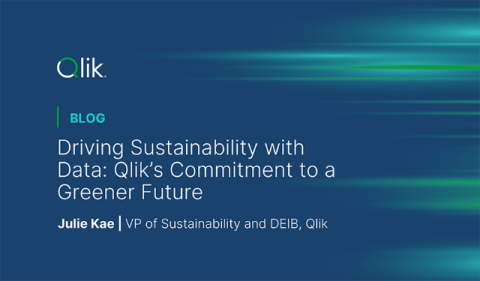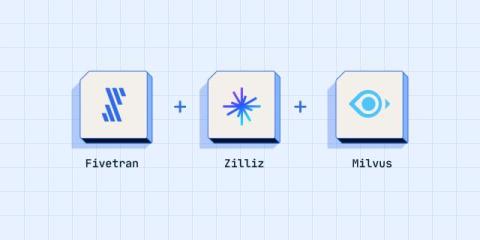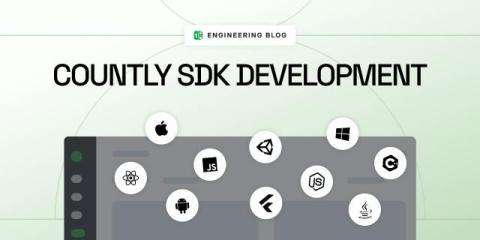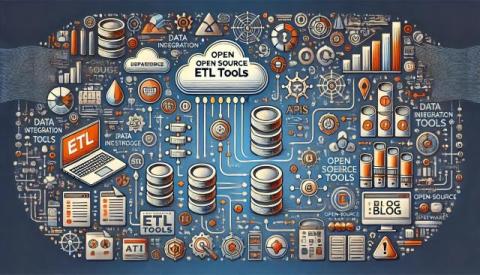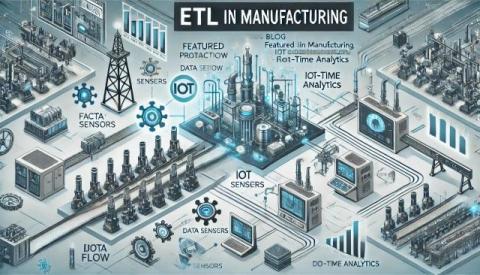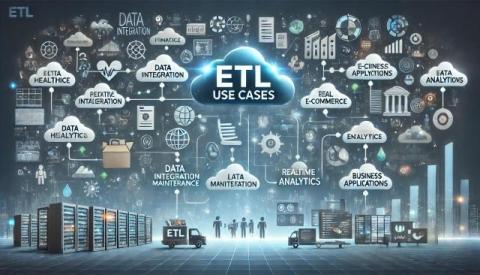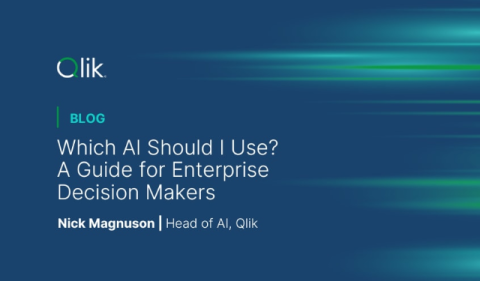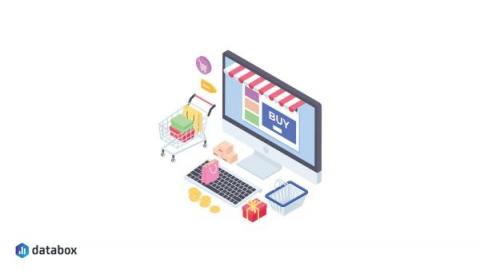Driving Sustainability with Data: Qlik's Commitment to a Greener Future
As we mark Climate Week, Qlik reaffirms its dedication to sustainability—both in our own operations and in empowering organizations worldwide to tackle society’s most pressing challenges. The below text is taken from our most recent Impact Report which you can find on our website here. At Qlik, we are dedicated to operating a sustainable business while helping organizations and partners across the globe tackle their and society’s biggest challenges with data.

